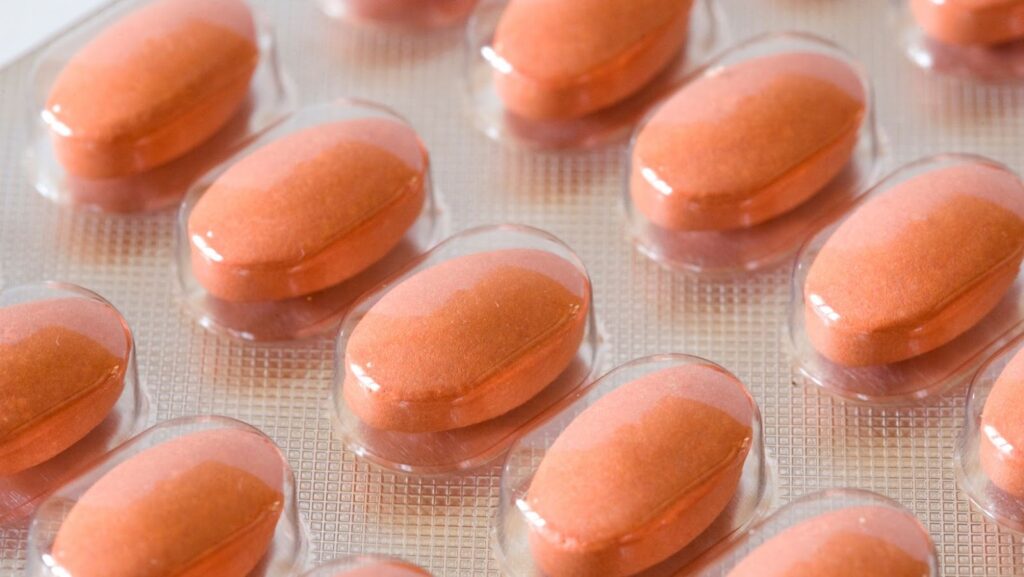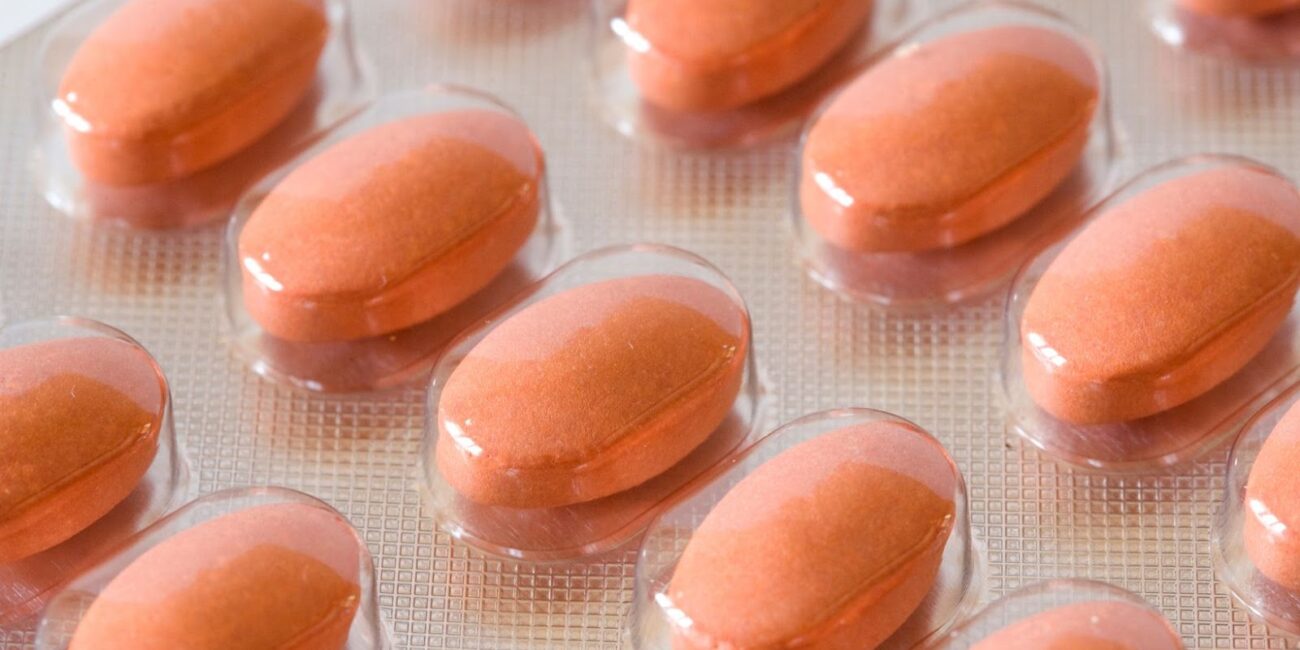Can I Take Pepto Bismol While Breastfeeding
When nursing a baby, mothers often face a dilemma regarding medications. One such medication is Pepto Bismol. Can this medicine be safely consumed while breastfeeding? It is essential to determine the risks and benefits before administering it to nursing mothers.
Pepto Bismol contains bismuth subsalicylate, which may cause Reye’s syndrome in infants if used for prolonged periods. Moreover, small amounts of salicylates may transfer into breast milk, causing bleeding disorders in infants with glucose-6-phosphate dehydrogenase (G6PD) deficiency. Therefore, healthcare professionals do not recommend using Pepto Bismol while breastfeeding.
It’s advisable to consult a doctor before using any medication while nursing. Ingesting Pepto Bismol or other drugs without medical guidance can pose health hazards to both mother and newborns.
According to history, Pharmaceutical company Norwich Pharmacal launched Pepto-Bismol in 1901 as a cure-all for all types of stomach issues, including upset stomachs, heartburn, and diarrhea. The drug became popular during World War II when soldiers ingested it as an anti-diarrheal agent due to poor diet and food reconstitution factors.
Breastfeeding mothers rejoice, Pepto Bismol is safe to take – your baby won’t be the only one feeling relieved!
Safety of Pepto Bismol During Breastfeeding
Pepto Bismol is a popular medication for treating various gastrointestinal problems. Its safety during breastfeeding is a concern for many mothers. Based on the current research, using Pepto Bismol during breastfeeding is generally considered safe, but it’s essential to consult with a healthcare professional before taking any medication while breastfeeding.
Although preliminary studies suggest that Pepto Bismol doesn’t pass through breast milk in significant amounts, there is not enough evidence to know its full effects on the baby’s health. Additionally, high doses or long-term use of Pepto Bismol can cause adverse effects, including constipation, black stool, and stomach upset. Therefore, it’s essential to use Pepto Bismol strictly following the recommended dosages.
Apart from taking Pepto Bismol, there are several other options to alleviate gastrointestinal problems during breastfeeding. One of the simple practices is to monitor the diet and avoid consuming spicy, fatty, or fried foods, which may aggravate the symptoms. Moreover, increasing fluid intake, resting when possible, and practicing stress reduction techniques can also be helpful. If these modifications are insufficient, it’s essential to seek professional medical guidance for alternative treatment options.
To sum up, while using Pepto Bismol during breastfeeding is generally considered safe, consulting with a healthcare professional before taking any medication is crucial. Maintaining a balanced diet, proper fluid intake, and reducing stress levels can also help prevent or alleviate gastrointestinal problems during breastfeeding.

Pepto Bismol Ingredients
Pepto Bismol Constituents are the active ingredients that give it its unique properties.
A table illustrating the main Pepto Bismol ingredients is shown below:
| Active Ingredient | Function |
| Bismuth Subsalicylate | Helps relieve diarrhea, upset stomach, heartburn, and nausea |
| Magnesium Hydroxide | An antacid that neutralizes stomach acids and reduces heartburn |
It is important to note that Pepto Bismol has other inactive ingredients that may cause minor allergic reactions and intolerance in some individuals.
Pepto Bismol’s safety during breastfeeding has been studied extensively. It has been reported to be safe when consumed at normal doses and duration. Pregnant women are also advised to avoid using it during their third trimester.
A nursing mother once shared her experience of using Pepto Bismol while breastfeeding her infant. She noticed no adverse effects on her baby, but always ensured an appropriate time gap between taking the medication and breastfeeding.
Taking Pepto Bismol while breastfeeding may make your baby’s poop turn black – but don’t worry, it’s not a sign that they’ve become a tiny goth.
Effects of Pepto Bismol on Breastfeeding Mothers and Infants
After consuming Pepto Bismol, breastfeeding mothers may experience minor fluctuations in milk production and infants may have changes in their bowel movements or dark discoloration. These symptoms are generally temporary and do not cause any serious consequences to the mother or infant.
It is advised that before taking Pepto Bismol, breastfeeding mothers should consult their healthcare provider for dosages and potential side effects. Additionally, mothers should monitor their infant’s bowel movements for any adverse reactions.
Pepto Bismol has been proven safe for use during breastfeeding by various medical professionals worldwide. However, consistent usage is not recommended without consulting a physician.
One new mother experienced diarrhea and abdominal pain after taking Pepto Bismol while breastfeeding. She then consulted her physician who advised minimising usage due to its effect on intestinal muscles which can potentially lead to constipation problems.
Breastfeeding mothers should always seek professional help before consuming any medication while nursing their child. The safety of both the mother and child should be the top priority in these situations.

Risks of Taking Pepto Bismol While Breastfeeding
Breastfeeding mothers may wonder about the potential hazards of taking Pepto Bismol. Limited studies suggest that it is safe for lactating women to use this drug in moderation. However, since there is not enough evidence to conclusively say whether or not it poses a risk, consulting with a healthcare practitioner before using Pepto Bismol during breastfeeding is recommended.
It is worth noting that Pepto Bismol contains aspirin which can interfere with a child’s blood clotting and cause Reye syndrome, an extremely rare but life-threatening medical condition. Therefore, it’s highly significant to avoid giving this to children under 12 years old unless supervised by a doctor.
If Pepto Bismol is used as prescribed and for short periods of time, its effects on lactation should be minor; it can lead to dark discoloration of stool or sometimes bowel irregularity.
Pro Tip: There are alternative medications one can take if they suspect they might have problems while nursing – consult your physician on suitable options that will work best for you and your baby before self-medicating.
Don’t cry over spilled milk, just try some safe alternatives to soothe your stomach while breastfeeding.
Alternatives to Pepto Bismol During Breastfeeding
Breastfeeding mothers wondering about safe alternatives for soothing gastrointestinal discomfort need not worry. There are various options other than Pepto Bismol that are proven to be safe and recommended by healthcare professionals.
Here are some effective alternatives to Pepto Bismol during breastfeeding:
- Antacids, such as Tums and Rolaids, can help neutralize stomach acid and provide relief from heartburn and other GI issues.
- Bismuth-free anti-diarrheal medications like Imodium can effectively manage diarrhea without entering the breast milk.
- Probiotics can help restore gut health, decrease inflammation and boost the immune system.
It’s important to note that any medication or supplement should be taken only after consulting with a healthcare professional. It’s crucial to inform the doctor about breastfeeding status before taking any medication.
Shelly, a new mother, experienced severe abdominal cramps and bloating due to gastric distress after having spicy food. Her initial thought was to take Pepto Bismol, but after discussing it with her doctor, she switched to taking probiotics and antacids that helped her manage the symptoms effectively without any adverse effects on the baby.
Skip the witchcraft and try these natural remedies for a happier tummy and a happier baby while breastfeeding.
Natural Remedies for Digestive Issues during Breastfeeding
Breastfeeding mothers face various digestive issues post-pregnancy. Many over-the-counter medicines such as Pepto Bismol are not safe for lactating mothers and the baby. Here are some safe natural remedies that can ease up their discomfort:
- Probiotics: These help balance the gut flora, reducing problems such as gas, bloating and constipation.
- Fennel seeds: They stimulate milk production and soothe digestive issues; chew a teaspoon of fennel seeds after meals or steep them in hot water to prepare tea.
- Ginger: It comes with anti-inflammatory properties that assist in digestion and works wonders for nausea.
- Papaya: Eating ripe papaya can aid indigestion and encourage bowel movement. Its enzymes break down hard-to-digest proteins in the stomach.
- Lemon Water: Sipping on a glass of warm lemon water early morning assists in detoxifying impurities from the body leading to better digestion thereon.
While these remedies may be effective, it’s essential to discuss their usage with a primary healthcare provider as each case is different based on prenatal health. Always consult before consuming anything.
Mothers’ well-being must stay prime post birth while taking care of their newborns. Recently, a study showed a positive correlation between maternal stress levels and infant colic affection, highlighting regular breaks as significant during breastfeeding sessions to reduce stress levels.
When ‘just deal with it’ isn’t an option, these safe medications for digestive issues during breastfeeding will have you feeling less like a milk truck and more like a human.
Make sure you choose the digestive remedy after enough research by using reliable sources like medical professionals. Failure to follow these precautions could lead to potentially unfavorable outcomes for both you and your baby. So, stay informed and make better choices that benefit both of you in the long run.

